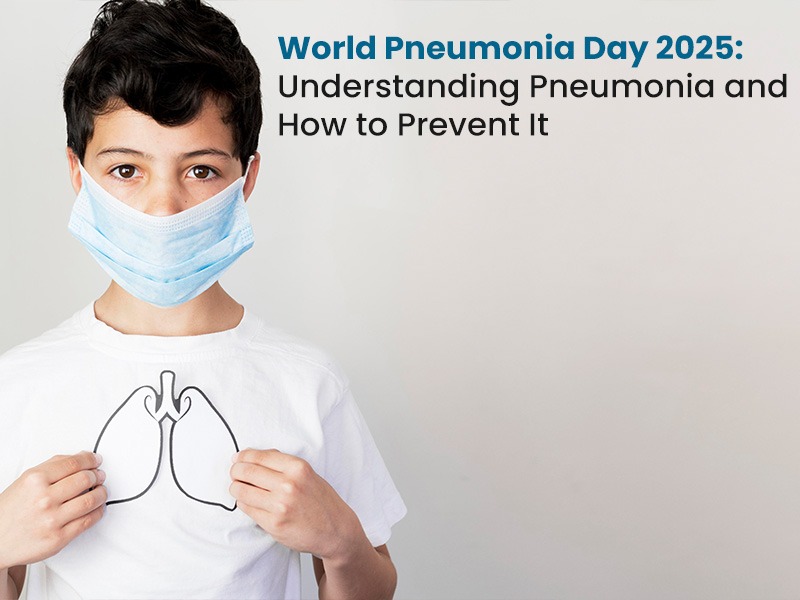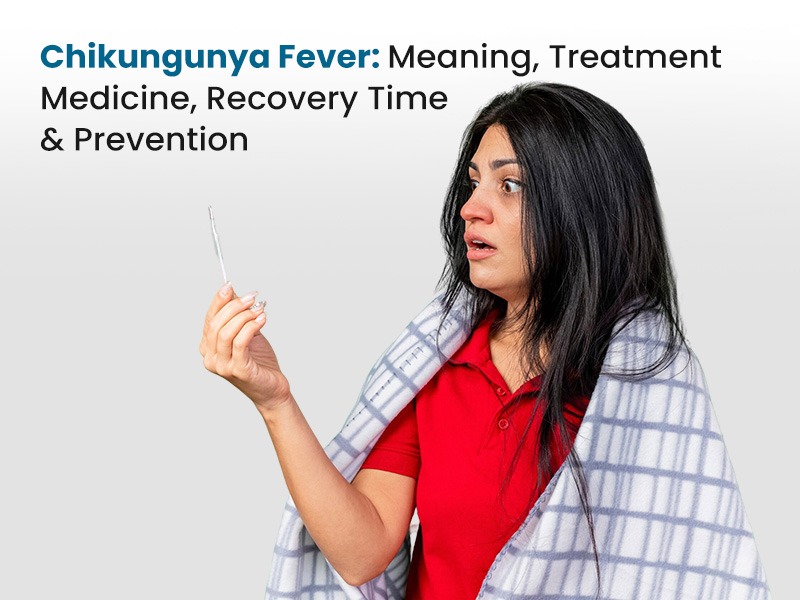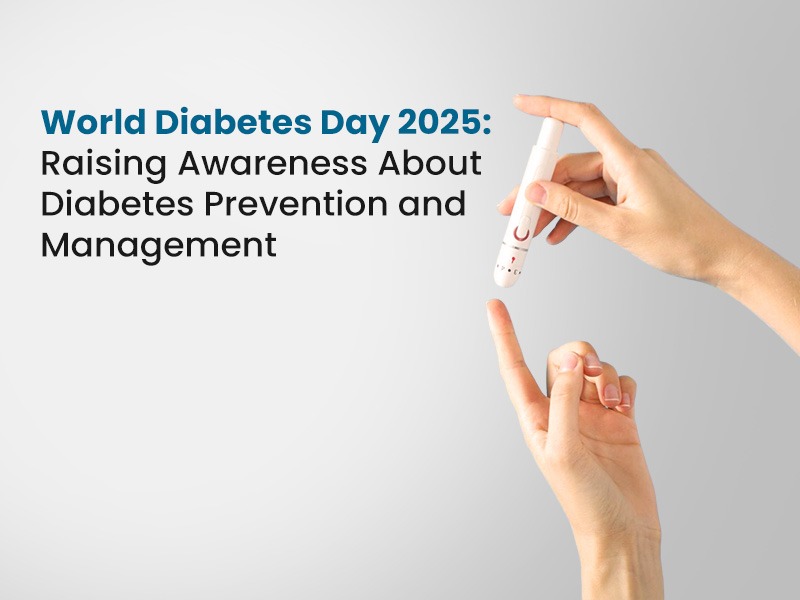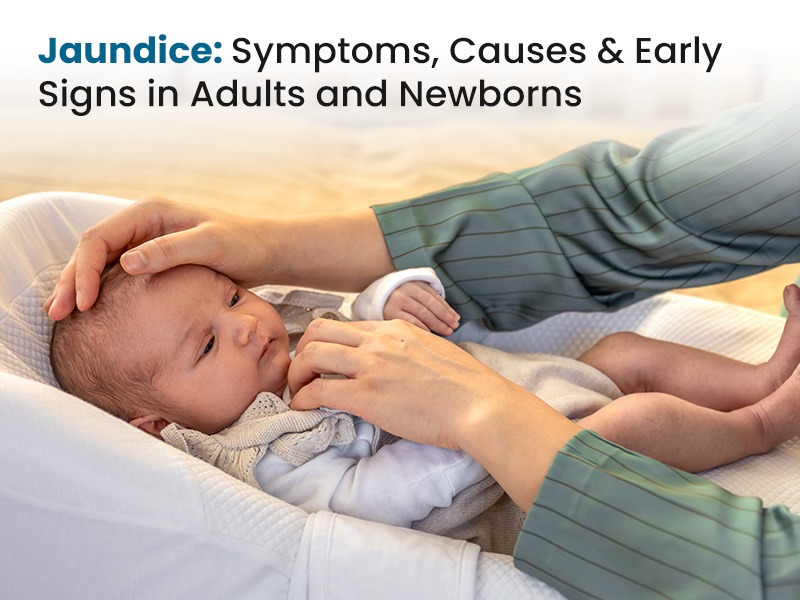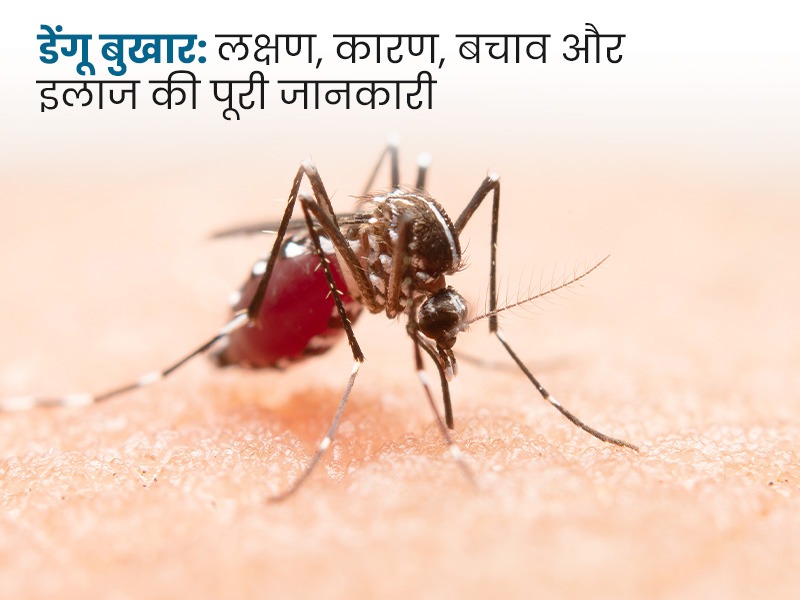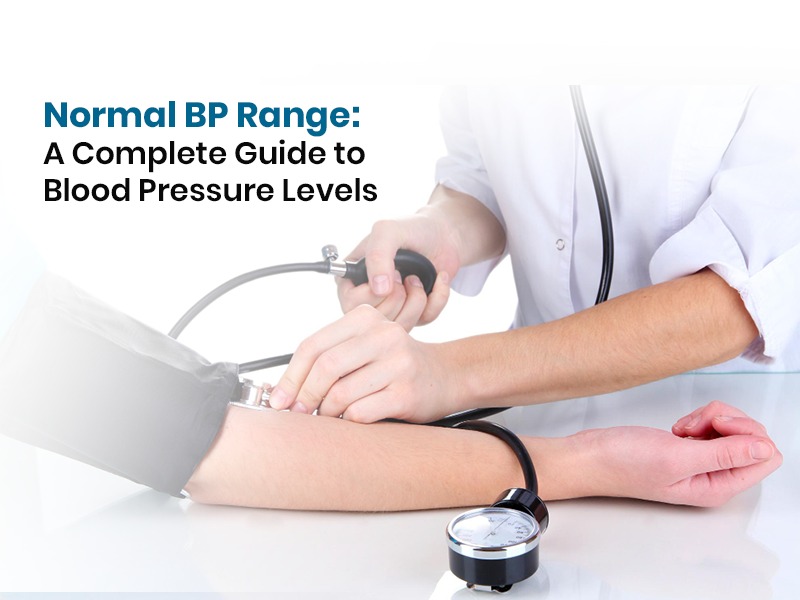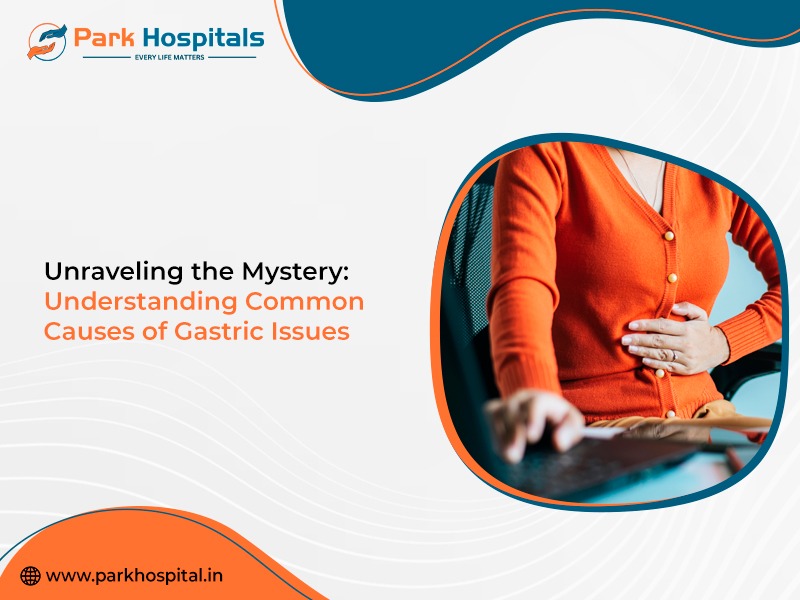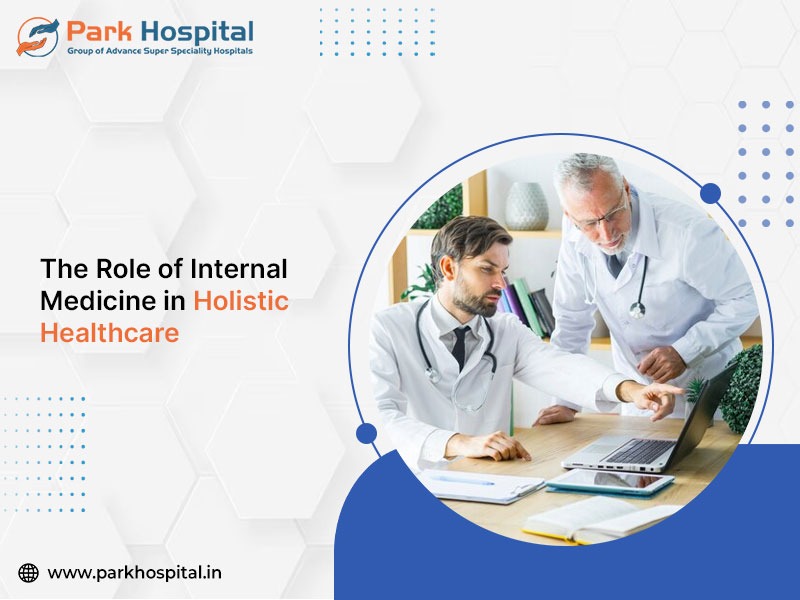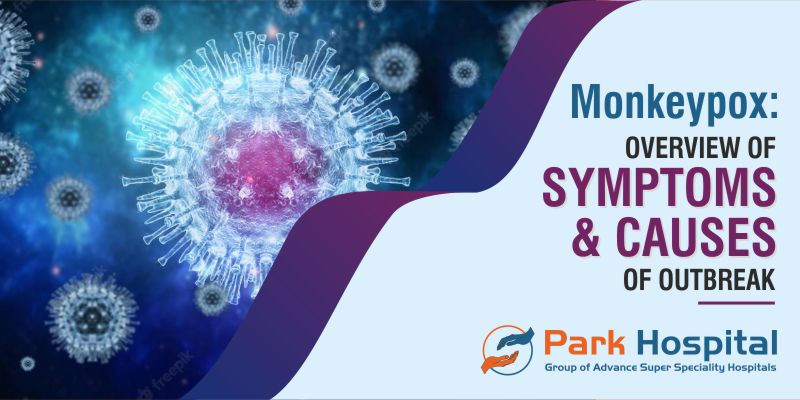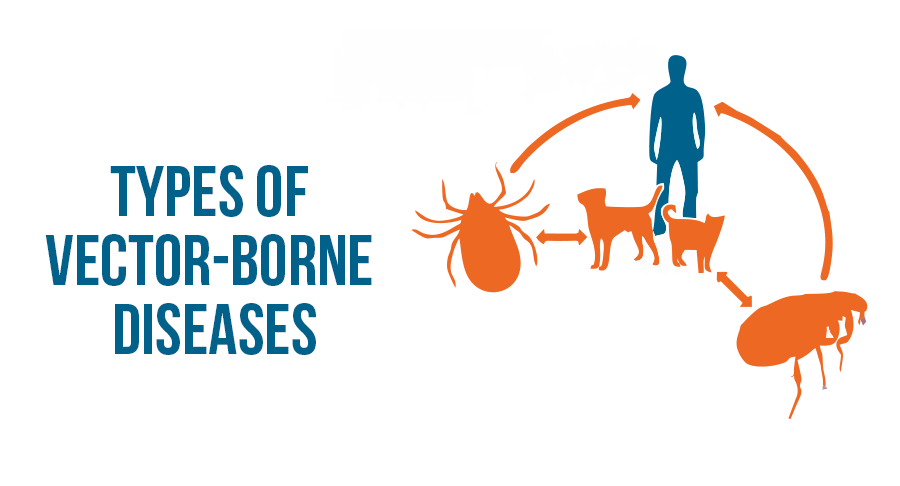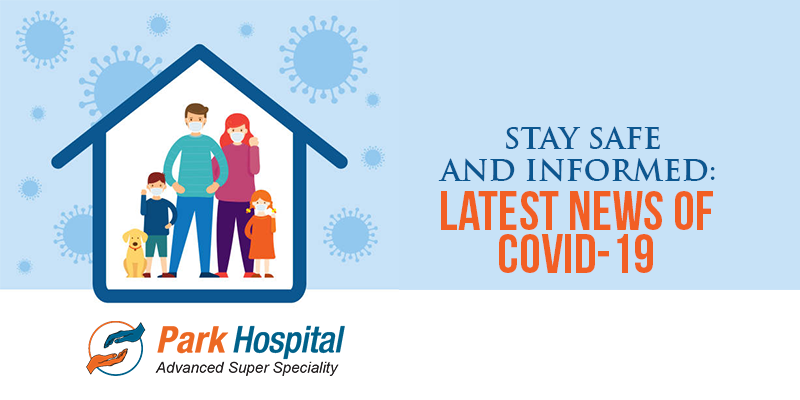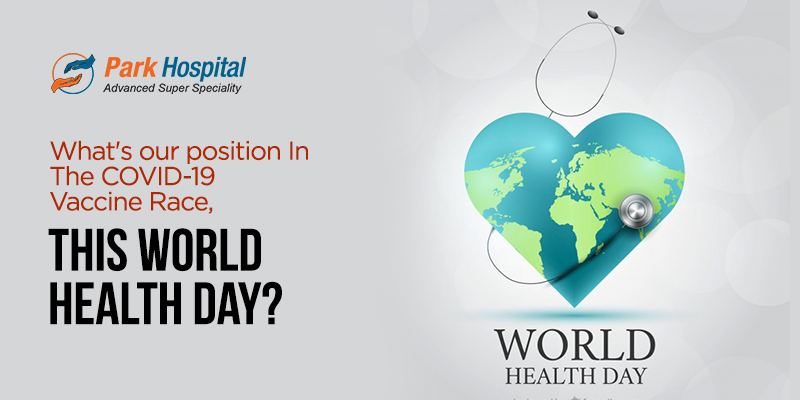World Pneumonia Day 2025 is a day to talk about one of the most dangerous yet easy-to-prevent respiratory infections. Pneumonia affects millions of people every year, especially children, older adults, and those with weakened immunity. The day reminds us that being aware, getting a timely diagnosis, getting vaccinated, and having access to medical treatment can save many lives.
Park Group of Hospitals, a trusted name in quality healthcare across North India available in Delhi, NCR, Punjab, Haryana, Rajasthan, actively supports awareness campaigns and provides advanced diagnostic and treatment facilities for respiratory diseases. With specialized pulmonologists, critical care specialists, and round-the-clock emergency services on call, Park Hospital ensures timely and effective care for patients. To book an appointment or consultation, call our 24x7 service helpline at +91 99166 99166.
History and Significance of World Pneumonia Day
The Stop Pneumonia Initiative founded World Pneumonia Day in 2009 to spread the information about a disease that is still killing people around the world, even though it can be prevented. On November 12 each year, people, governments, and healthcare workers observe this day and unite together to fight pneumonia.
The day highlights the urgent need for preventive healthcare, vaccination access, and improved treatment facilities. It also reminds us that pneumonia is still a big health problem in many places where it's hard to seek medical help. Through awareness and coordinated efforts, we can protect vulnerable populations, particularly children under five and elderly individuals.
What is Pneumonia?
Pneumonia is an infection that makes the air sacs in the lungs swell. These air sacs or alveoli, fill with fluid or pus, which makes it hard for oxygen to get into the blood. This results in cough, fever, shortness of breath, and chest discomfort.
Pneumonia can be moderate or severe, and it can damage one or both lungs. The severity of the infection usually depends on the patient’s age, health, and the type of organism causing the infection. Without timely medical attention, the infection can cause serious problems like sepsis or respiratory failure.
Pneumonia Symptoms
It's very important to spot pneumonia symptoms as soon as possible so that treatment can start right away. Some of the most common symptoms include:
● Persistent cough producing mucus or phlegm
● Fever, chills, and sweating
● Trouble breathing or breathing fast
● Sharp chest pain while inhaling or coughing
● Feeling tired, weak, and loss of appetite
● Bluish lips or fingertips due to low oxygen levels
● Confusion, especially in older age
If you or a loved one experiences these symptoms, you should see a doctor right away. Park Group of Hospitals has advanced diagnostic imaging, lab tests, and professional medical evaluations to confirm the diagnosis and figure out the best way to treat it.
Pneumonia Causes
Pneumonia can be caused by several types of infectious agents, including bacteria, viruses, and fungi.
1. Bacterial Pneumonia: The most common form, often caused by Streptococcus pneumoniae. It can develop on its own or after another respiratory infection such as the flu.
2. Viral Pneumonia: It is caused by viruses like influenza, respiratory syncytial virus (RSV), or coronaviruses. It tends to be milder but can become serious in high-risk individuals.
3. Fungal Pneumonia: It mainly affects those with weakened immune systems. Fungi from soil or bird droppings may enter the lungs and cause infection.
The disease can spread through droplets released when an infected person coughs or sneezes, making personal hygiene and vaccination essential for prevention.
Types of Pneumonia
There are several types of pneumonia, depending on how the infection spreads or where it starts.
● Community Acquired Pneumonia: This is the most common type, contracted outside hospitals or healthcare settings. It can affect people of all ages and is generally caused by bacteria or viruses circulating in the community.
● Hospital Acquired Pneumonia: This occurs in patients during hospital stays, especially those on ventilators or with weakened immunity. This type can be more severe due to antibiotic-resistant bacteria.
● Aspiration Pneumonia: This happens when food, drink, or vomit gets into the lungs. People who are older or have trouble swallowing are more likely to have it.
Understanding these types helps doctors choose the best treatment approach based on type and severity of the infection.
Pneumonia Treatment
The treatment for pneumonia depends on the cause and severity of the infection. The main goal is to control the infection and support breathing.
● Antibiotics: These are given to those who have bacterial pneumonia. You need to finish the whole course to make sure you heal completely and don't get resistant to medicines.
● Antiviral or Antifungal Medicines: Given in case of viral or fungal pneumonia.
● Supportive Care: Getting enough sleep, water, and food to help the body recover faster.
● Oxygen Therapy: Administered in severe cases to maintain sufficient blood-oxygen levels.
● Hospitalisation: Required for serious infections, especially in children, elderly patients, or those with other medical conditions.
At Park Hospital, pulmonologists use advanced treatment and respiratory support technologies to make sure that people with pneumonia get the best care possible.
Pneumonia Prevention
Prevention is the most powerful tool in controlling pneumonia. Once you understand how pneumonia spreads, you can take simple steps to prevent it effectively. You can greatly lower your risk by following measures:
1. Vaccination: Vaccines against pneumococcal bacteria, influenza, and Haemophilus influenzae type b (Hib) provide effective protection.
2. Good Hygiene: You can keep healthy by washing your hands often, covering your mouth and nose when you cough or sneeze, and staying away from sick people.
3. Healthy Lifestyle: A nutritious diet, drinking enough water, regular exercise, and getting enough sleep strengthen immunity.
4. Avoiding Tobacco Smoke: Smoking and second-hand smoke make the lung function weak work less well and make people more likely to get infection
5. Clean Environment: Keeping the air in your home clean and well-ventilated is healthy for your lungs.
Global Efforts and Awareness
World Pneumonia Day 2025 calls on governments, healthcare workers, and organizations like WHO, UNICEF, and Gavi to work together to make vaccination programs better and make it easier for people in underserved areas to seek medical care. Campaigns to increase awareness, social media, and community events that get people involved can also have a big impact.
Conclusion
World Pneumonia Day 2025 is a reminder that deaths from pneumonia can be greatly decreased by spreading the word, taking efforts to avoid it, and getting the correct care. Park Group of Hospitals is committed to improving lung health and provide outstanding care to those with breathing problems. If you have any signs of pneumonia or want to know more about how to avoid it, call at our service helpline at +91 99166 99166 to book an appointment with our pulmonology experts.
Also Read: How Air Pollution Is Driving Respiratory Illnesses in Urban Areas

